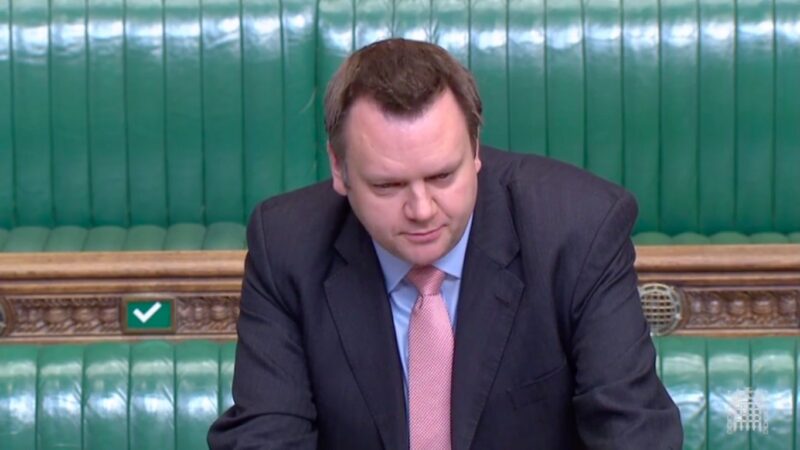
Nick Thomas-Symonds has said that the immigration bill sends a signal to frontline workers in the coronavirus pandemic, many of whom earn under £25,600, that they are “unskilled and unwelcome”.
In parliament today, the Shadow Home Secretary said that “those who clapped on Thursday are only too happy to vote through a bill today that will send a powerful message to those same people that they are not considered by this government to be skilled workers”.
He said: “We on this frontbench know that people are not being paid the value of what they do, and that what our frontline workers earn does not reflect what they contribute to our society.”
"In the midst of this crisis," the salary threshold of £25,600 put forward in the immigration bill sends a signal "that anyone earning less than that is unskilled and unwelcome in this country," says shadow home secretary Nick Thomas-Symondshttps://t.co/5vHwao0SNL pic.twitter.com/tpRY0cFYhT
— BBC Politics (@BBCPolitics) May 18, 2020
The MP for Torfaen warned of the impact that the bill would have on staffing in the health and social care sectors, emphasising that there is an existing shortfall in the number of nurses in the UK with a total of 40,000 vacancies.
He also described how the legislation would delegate “sweeping powers” to government ministers to set up a new immigration system, by relying largely on statutory instruments, with little oversight from parliament.
The Shadow Home Secretary said that the Immigration Bill represents a “threat to our national interest” by risking the ability to fill roles for health and care workers.
The Royal College of Nursing said: “The government’s proposals for the immigration system will exclude some health and care workers from entering the UK, primarily social care staff, and will have a devastating impact on the health and care sector.”
The immigration bill makes provision to end the freedom of movement under EU law, and to confer powers to government ministers to create a new, post-Brexit system. The Brexit transition period is due to come to an end later this year.
The bill is currently being debated in the House of Commons at the second reading stage, with a remote vote due to take place this evening. With a government majority of 80, it is expected to pass without difficulty.




More from LabourList
‘Tackling poverty should be the legacy of Keir Starmer’s government’
‘The High Court judgment brings more uncertainty for the trans community’
‘There are good and bad businesses. Labour needs to be able to explain the difference’